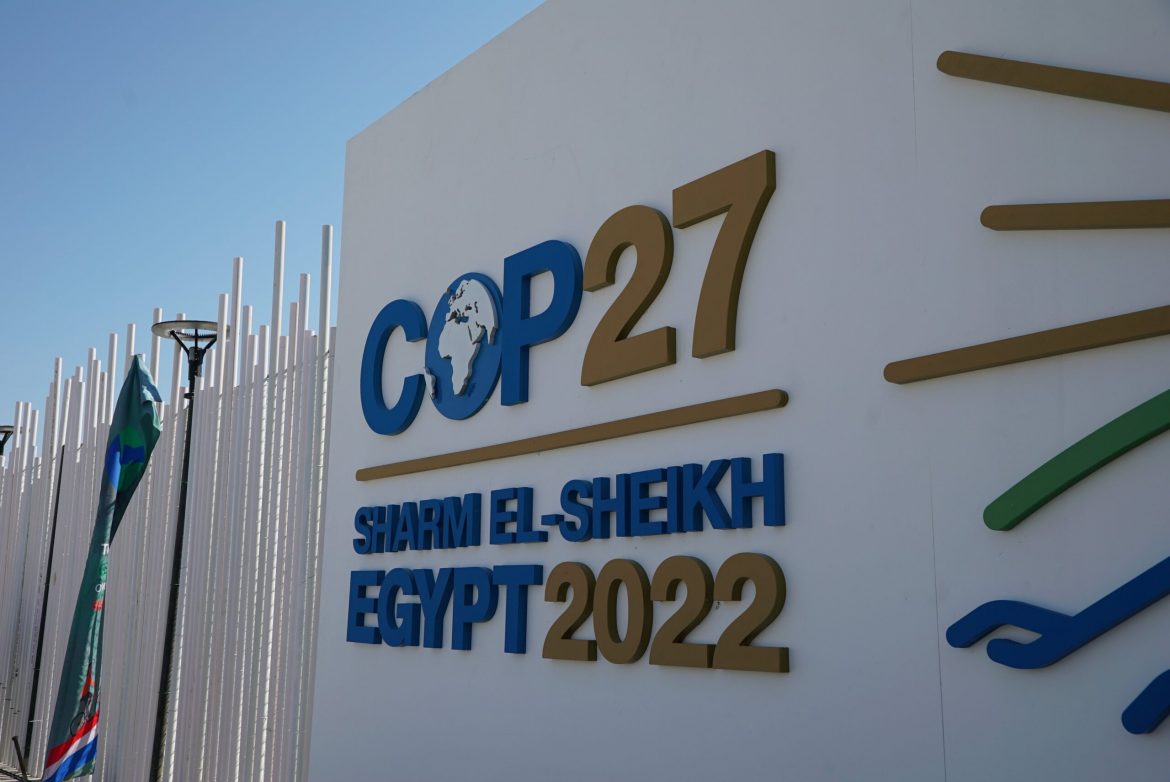Loss and damage, a term which refers to the irreversible economic and non-economic costs of both extreme weather events such as hurricanes, heatwaves, drought and wildfires and slow onset climate disasters such as the sea-level rise and melting glaciers, made it to the agenda at the ongoing climate change summit in Egypt.
Loss and damage are about holding the biggest fossil fuel polluters liable for the pain and suffering caused by the climate crisis, separately and in addition to securing climate finance for mitigation and adaptation to help developing nations prepare for what is coming.
While the economic costs for this loss and damage include the lives and livelihoods, homes, food systems and territory irreversibly lost, the harder-to-quantify non-economic costs include the loss of culture, identity, human dignity, biodiversity and psychological well-being.
The agenda was adopted by the conference of the parties at the opening plenary led by Sameh Shoukry, COP27 president.
Recall that stakeholders had raised concerns over the exclusion of ‘loss and damage finance on the agenda despite its significance to developing countries weeks ahead of the conference.
Read also: One killed as tornadoes hit Texas, Oklahoma
Making his presentation, Shoukry said that the conference must deliver on a collective effort to tackle climate change, adding that it comes as no surprise to anyone that the COP is being held this year in a world which is witnessing political turmoil that cast a long shadow on all our nations and has resulted in energy and food crises.
“However these challenges should be no reason for delaying our collective effort to fight climate change,” Shoukry said. “It is inherent in us all in Sharm El Sheikh to demonstrate our recognition of the magnitude of the challenges we face and our steadfast resolve to overcome them.”
Just before he handed over leadership of the summit to Shoukry, Alok Sharma, COP26 president said that COP27 needs to deliver concrete action and move forward with the agreements made at COP26.
He noted that the flood in Nigeria and Pakistan and droughts in Europe serve as a wake-up call for world leaders to act accordingly delivering on their commitments.
“Pakistan is under water, the worst flooding in Nigeria in a decade,” he said. “This year was the worst drought in 500 years in Europe, in 1000 years in the US and the worst on record in China”.
He explained that the cascading effects are also clear, including the entire economic sector which is becoming unsustainable and uninsurable and entire regions which are becoming unlivable as well as the strain on the global movement of goods and the pressure on people to relocate because of the climate crisis which is becoming unimaginable.
“So this conference must be about a concrete action and I hope that when the world leaders join us, they will explain clearly what their countries have achieved during the last year and how they will go further.”
On his part, United Nations secretary-general, António Guterres spoke about the challenges climate change poses to his country, Grenada, noting that the time has come for things to be done right and differently.
“Today, a new era begins, and we begin to do things differently,” he said. “We will be holding people to account be they presidents’ prime ministers or CEOs, as accountability chief to make our policies, our businesses, our infrastructure, our actions, even personal or the public must be aligned with the Paris Agreement and with the convention”.
Story was adapted from theCable.
